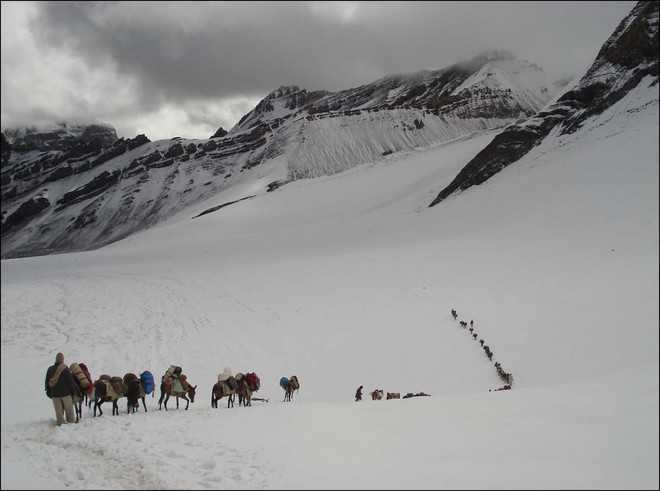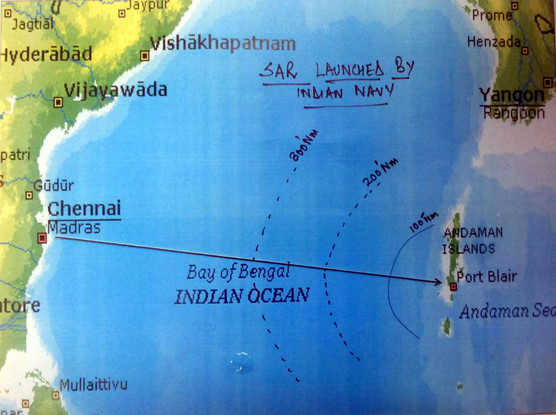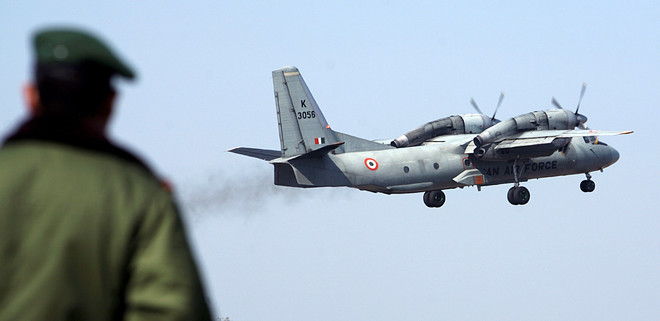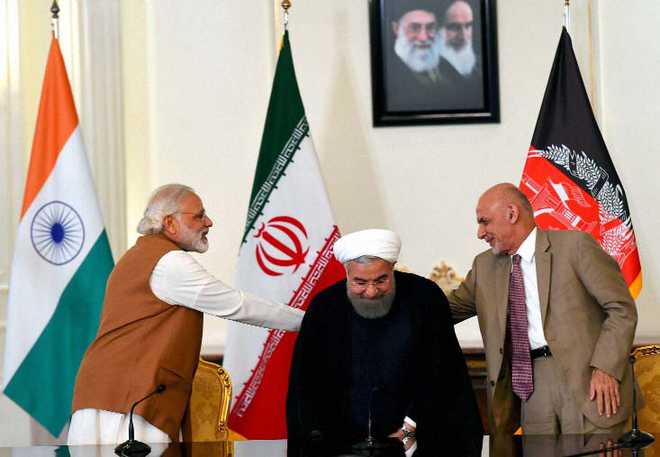It is an indisputable fact that the chasm between the top brass and the junior leadership in the army is widening at an exponential rate. A scan of the proliferating social media amongst the junior/middle level officers reveals the degree of loss of credibility of the senior leadership. The signals are alarming. Radical corrections are required to arrest the worrisome trend, lest the gulf degenerates into an unbridgeable rift.
Loss of confidence in army’s sense of justice and fair play is the primary reason for the increasing disillusionment of the junior officers. They feel that favouritism, and not merit, is ruling the system and they abhor partisanship. No organisation can flourish unless there are strong merit-performance ethical linkages in place.
Search for recognition is one of the pursuits which all human beings indulge in and continuously strive for. Promotions and advancement in career are important aspects of their aspirations. Every dispensation extended on the basis of nepotism amounts to depriving a deserving claimant of his lawful rights. He is left with no choice except to knock at court’s doors for his rightful dues. Burgeoning number of court cases shows officers’ utter lack of faith in the fairness of the system.
Junior officers consider regimental parochialism to be the root cause of increasing favouritism and discrimination in the army. Prejudiced attitudes based on regimental, corps, service and branch affiliations are collectively referred to as regimental parochialism. Most feel that many army promotions are based on regimental considerations and not merit.
During informal social exchanges, one is astounded to hear the nature of grievances against the regimental parochialism. A few years ago, an officer on the reserve list for the Staff College Course, when congratulated, responded unexcitedly – “I am unlikely to get a vacancy as there is an officer from the Chief’s regiment in the reserve list and he will go.” What a shame! Here was a junior officer in the Army, who had no faith in his Chief’s sense of fair-play and was convinced that he would not get justice from him.
Every senior commander opts to choose his regimental officers as his personal staff (MA, AMA, Dy MS, ADC and so on). Yes, it almost resembles a kitchen cabinet. In addition, he attempts to have maximum officers from his regiment in other key staff appointments. Many consider such a trend to be a sign of insecurity of an unsure commander who prefers to surround himself with his regimental cronies, lest his incompetence gets exposed to the environment. In return, he feels obliged to promote their careers even at the cost of more deserving officers.
Aspiring officers are equally keen to ride on the coattails of rising stars of their regiment. Although their selection is not based on any merit/qualitative criteria, it is the easiest way to ensure advancement in career. Policies are changed, dispensations are given and additional vacancies allotted to a batch to promote such officers. Even adverse remarks in their confidential reports are removed. Most army commanders manage foreign postings for their protégés.
There are numerous cases where mediocre officers have risen to higher ranks by latching on to their regimental seniors. It will not be incorrect to aver that a significant proportion of top military leadership owes its promotion to the munificence of their regimental mentors. It is a largesse they least deserve.
Regrettably, many army commanders have no qualms in awarding unit citations and commendation cards on regimental considerations. Even the schedule of turn-over of units is subjected to undue influences. Resultantly, the environment loses faith in the fairness of the system, thereby encouraging factionalism and dissensions.
There have been instances when narrow-minded army commanders have struck mutual deals to promote their regimental protégés on quid pro quo basis. Thus, mediocre and undeserving officers get promoted. The armed forces are deprived of the best talent. There cannot be a more disgraceful travesty of the much trumpeted merit system.
Therefore whereas regimental spirit acts as a force multiplier and is a battle winning factor at unit/battalion level, when carried to unhealthy limits at higher levels of command, it promotes factionalism and partisanship.
It must be recalled here that for decades after Independence, Colonels and above (units were commanded by Lt Colonels then) belonged to the Indian Army and not to their regiment/corps. They dressed alike with common beret and no regimental lanyards. Their visiting cards read ‘Colonel XYZ, Indian Army’.
As the units are now commanded by Colonels, regimental identity should be limited up to that rank. For all senior ranks, there should be a common uniform with no regimental entrapments to continuously remind them of their regimental affiliations. They must be allowed to grow out of their narrow regimental mindset.
Militaries swear by norms and norms are unwritten rules that guide an organisation’s functioning. The following proscriptive norms are suggested to rid the army of the malaise of regimental parochialism:-
Commanders should never select their personal staff officers from their own regiments. In case a senior commander is also the Colonel Commandant of his regiment, he may have an officer from his regiment to handle associated matters. This norm should be applicable to all – from divisional commanders to the Chief.
· No army commander should award unit citations or individual awards to his regiments without obtaining prior concurrence of the Army Headquarters.
· The current trend of ‘managing’ awards for the personal staff officers must be stopped. No personal staff officer deserves an award. Awards are given for distinguished service to the nation and not for looking after the comforts of the boss diligently.
· There should be a cooling-off period of three years before a personal staff officer is considered for foreign posting. Hopefully, the mentor commander would have retired by then and the selection would be purely merit based.
Finally, it is not that all commanders are biased; most are not. It is also not true that merit has ceased to be of consequence. However, most worrisomely, cases of alleged regimental partisanship are on an increase. Rapidly expanding social media exposes every case and the environment loses faith in the top brass.
Understandably, a large number of grievances may be misplaced; being based more on perceptions than facts. But, perceptions are of equal, if not more, importance for the health of an organisation and must be managed prudently. For that, senior commanders must not only act non-partisan, but also appear to be so. It is only then that the environment will develop confidence in the justness of the system. Shedding of parochial regimental loyalties will be a key step in that direction.
Partiality is an anathema to military leadership. No justification can condone it. Fair and non-discriminatory conduct is an essential component of a commander’s obligations. Any senior officer who acts in a discriminatory manner to grant undue favours to his regimental protégé is guilty of breach of trust. Trust is the expectancy that the followers can rely on a leader’s impartial and just approach. Trust flourishes on credibility that a leader enjoys in his command.
Needless to say, the onus is on the top brass. They are the persons in authority and have the power to initiate corrective measures. Some of the norms suggested above will go a long way to allay the apprehensions of the juniors. Will the next army commanders’ conference muster courage to debate the issue and bite the bullet? Your guess is as good as mine!















































































